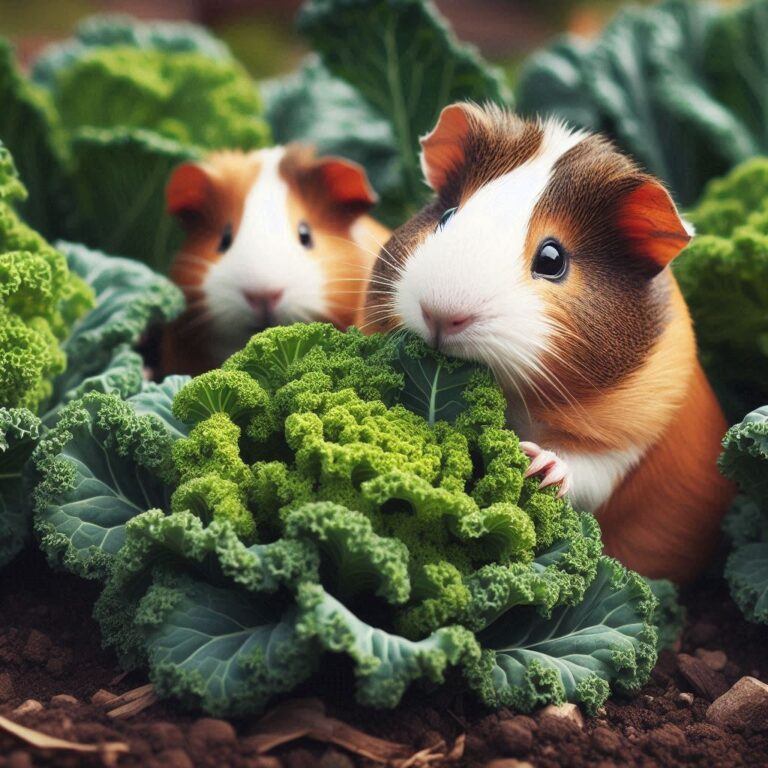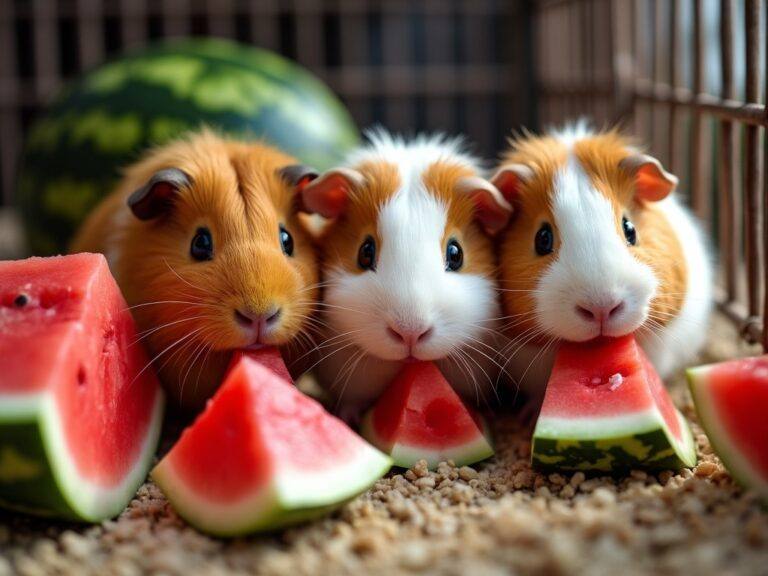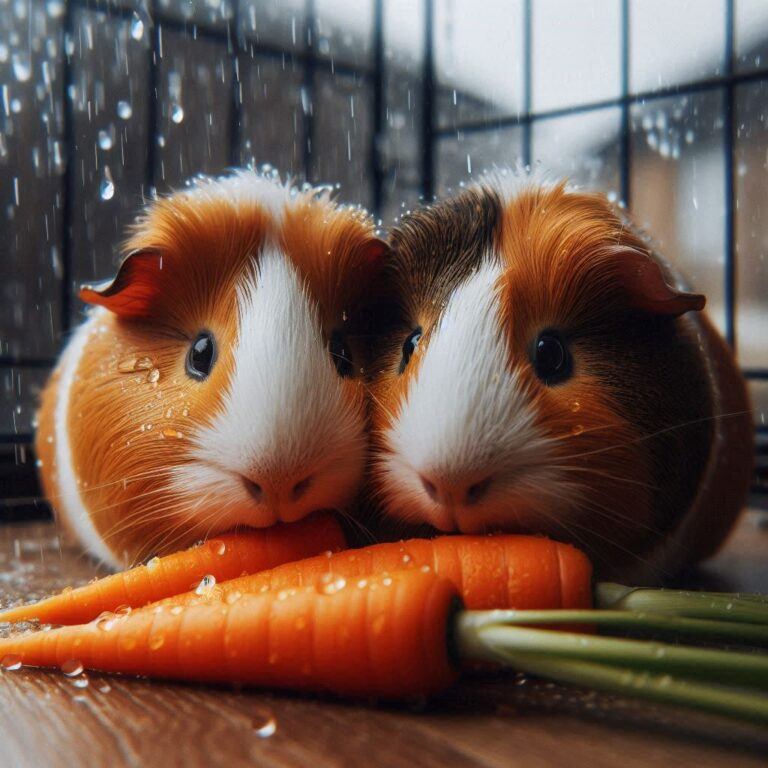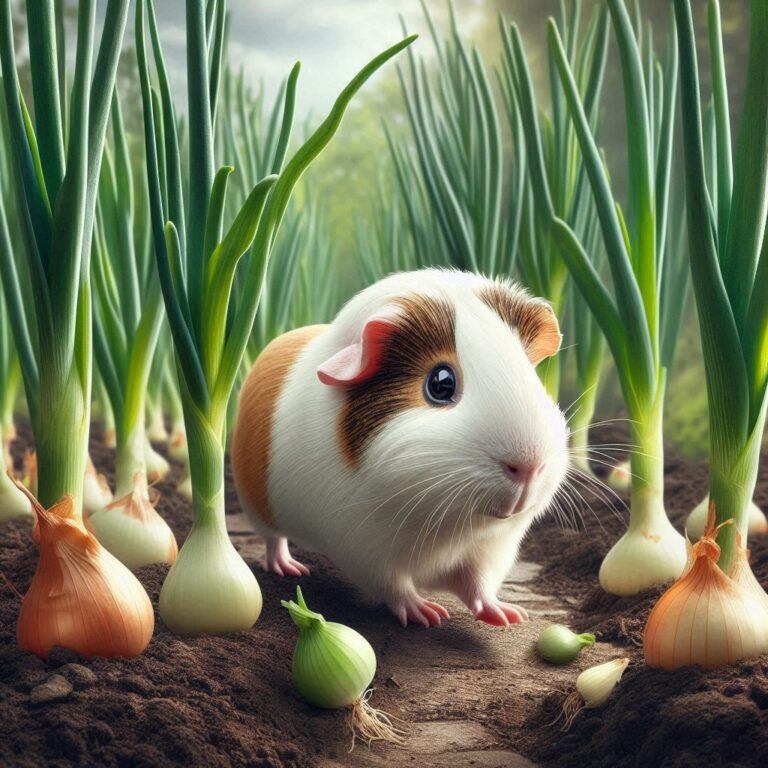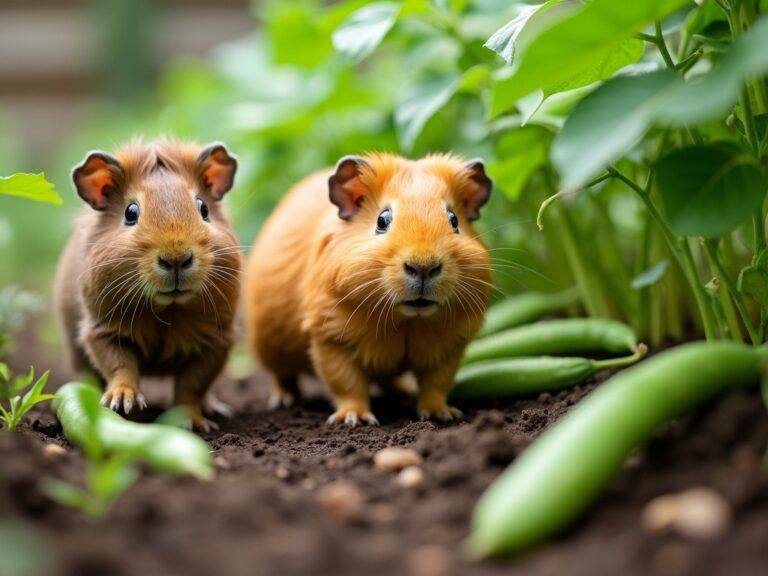Can Guinea Pigs Safely Eat Bacon
No, guinea pigs cannot safely eat bacon. Bacon is high in fat, salt, and preservatives, all of which are unsuitable and potentially harmful for guinea pigs. Their digestive systems are not built to handle such rich and unhealthy foods.
Guinea pigs thrive on a diet primarily composed of hay, fresh vegetables, and specially formulated guinea pig pellets.
They require a consistent intake of vitamin C, which is crucial for their health since they can’t produce it on their own. Bacon does not provide any of these necessary nutrients.
Feeding bacon to guinea pigs can lead to various health issues, including obesity, heart problems, and digestive discomfort.
The high salt content can also cause dehydration and increase the risk of urinary stones, which are particularly painful and dangerous for guinea pigs.
Veterinary experts widely agree that guinea pigs should stick to their plant-based diets. They emphasize the importance of providing fresh, clean water and avoiding human foods that are processed, fatty, or salty.
Keeping their diet strict and natural ensures guinea pigs stay healthy and happy.
Understanding the Dietary Requirements of Guinea Pigs
Guinea pigs need a plant-based diet to stay healthy. Their primary food source should be hay, which aids digestion and helps wear down their ever-growing teeth.
Fresh vegetables are also essential, offering a variety of nutrients and keeping their diet interesting.
Vitamin C is vital for guinea pigs. Since they can’t produce it themselves, it must be included in their diet.
Leafy greens like kale, parsley, and bell peppers are excellent sources. Some owners opt for vitamin C drops in their water, but, in my opinion, fresh produce is generally a better choice.
There are numerous safe food options for these small pets. Besides hay and fresh veggies, specially formulated guinea pig pellets provide a balanced mix of nutrients.
Occasional treats like small pieces of fruit such as apples, pears or watermelon can be given, but moderation is key to avoiding excess sugar intake.
However, not all foods are safe. Foods like chocolate, onions, dairy products, and, as mentioned earlier, anything high in fat or salt should be avoided.
Always research or consult a vet before introducing new foods to their diet.
Creating a balanced diet plan involves a mix of hay, vegetables, and pellets. Regularly monitor their weight and health, making adjustments as necessary.
Fresh water should always be available, and food should be clean and free from pesticides.
Risks and Consequences of Feeding Guinea Pigs Unhealthy Foods
Feeding unhealthy foods like bacon poses significant risks to guinea pigs. Their bodies can’t handle the high fat and salt content, leading to severe health issues.
One of the immediate effects is digestive upset, which can show up as diarrhea or a bloated abdomen—both uncomfortable and potentially dangerous for these small creatures.
Long-term consumption of unhealthy foods leads to obesity, a major concern in guinea pigs. Obesity puts extra strain on their hearts and joints, reducing their quality of life and lifespan.
High-fat diets also increase the risk of liver disease and heart problems, conditions that are challenging to manage in small pets.
Another serious issue is the potential for bladder and kidney stones, exacerbated by high-salt foods.
These stones can cause severe pain, difficulty urinating, and can be life-threatening if not treated promptly. High salt intake also leads to dehydration, further stressing their kidneys and urinary systems.
Unbalanced diets with inappropriate foods weaken the immune system, making guinea pigs more susceptible to infections and illnesses.
A compromised immune system means they can’t fight off diseases as effectively, leading to frequent vet visits and a lower quality of life.
Preventing dietary mishaps involves careful planning and vigilance. Stick to a diet rich in hay and fresh vegetables, supplemented with quality pellets.
Always consult with a vet before making any significant changes to their diet. Observing their eating habits and overall health can also help catch and rectify issues early.



